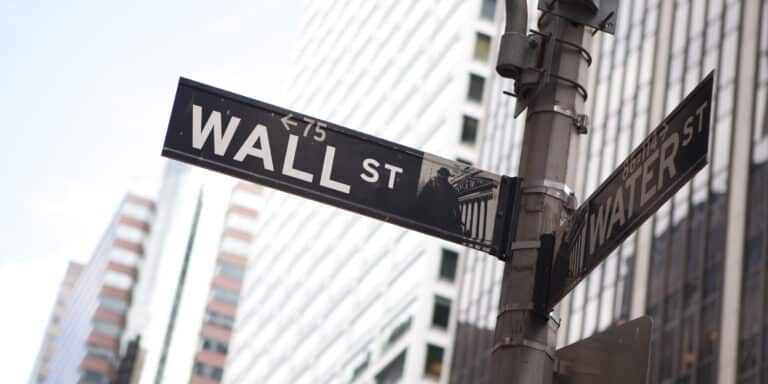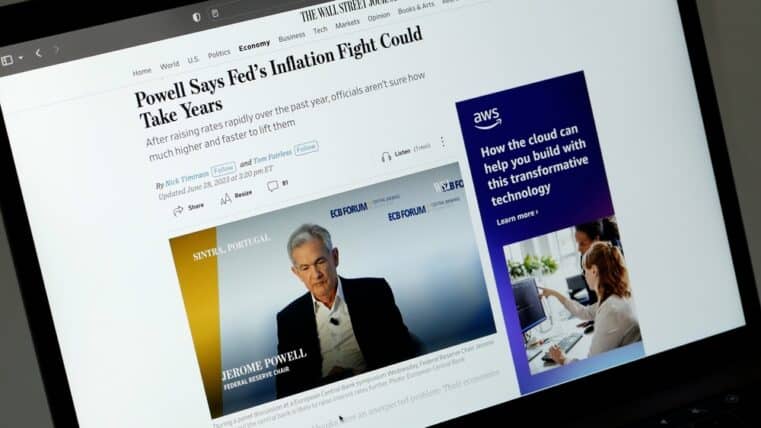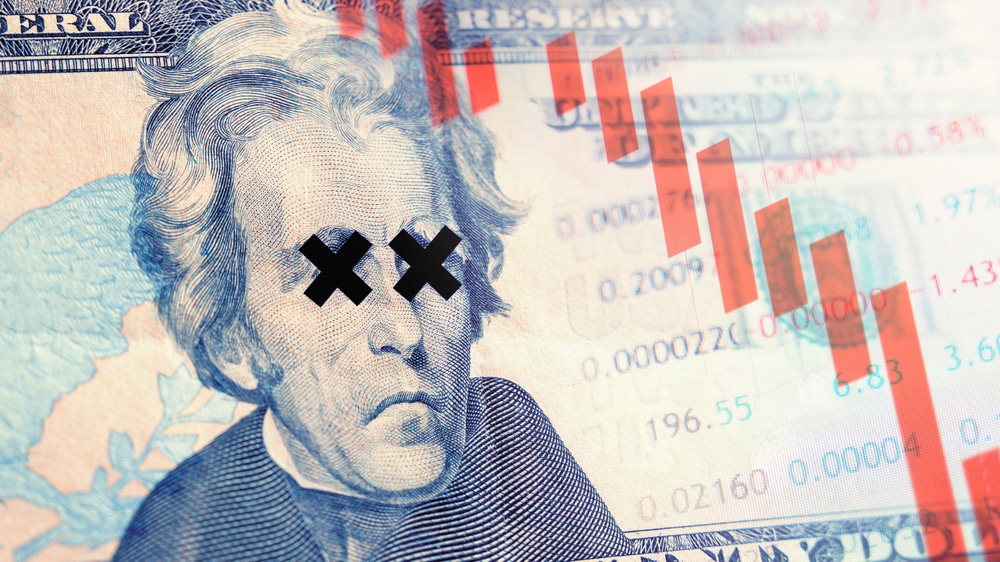
Wall Street Hidden Fees: Senate Oversight and the Battle Over Excessive Charges
The Senate Committee on Banking, Housing, and Urban Affairs is conducting its annual oversight of Wall Street Firms today, and there are concerns regarding hidden fees, overdraft charges and other so-called “junk fees”. These junk fees can included late credit card charges, fees for overdrawn accounts, late fees and other charges that consumer protection groups have called “excessive”. In light of rising inflation, penalties from banks can be another drain on the wallet. Are these fees too high - or a necessary payment for clearly defined services?
CEO’s from the country’s largest megabanks—including JPMorgan Chase, Wells Fargo, and Bank of America—have some explaining to do. Current policies from these large banks challenge the Consumer Financial Protection Bureau’s (CFPB) proposed rules. The CFPB suggests capping credit card late fees at $8, down from as much as $41 for some charges.
Based on the CFPB’s estimates, the proposal could reduce late fees by as much as $9 billion per year. “Over a decade ago, Congress banned excessive credit card late fees, but companies have exploited a regulatory loophole that has allowed them to escape scrutiny for charging an otherwise illegal junk fee,” says CFPB Director Rohit Chopra. The Credit Card Responsibility and Disclosure Act of 2009 says that fees must be “reasonable and proportional” to the costs incurred by the issuers (banks) to handle the late payments. But who decides what “reasonable” really looks like?
Reduced Fees = Reduced Profits, for Banks?
Three banks - JPMorgan Chase, Wells Fargo, and Bank of America - stand out from the others when it comes to the practice of excessive and hidden fees. With market caps at $458 billion, $164 billion and $248 billion respectively, consumers may wonder if there is a reasonable business case for fee reduction. While executives say that these fees are necessary to remain profitable, consumers (and consumer watchdog groups) have a different point of view.
According to Liz Zelnick, the Director of the Economic Security and Power Program at watchdog group, Accountable.us, ““Big banks’ own massive profit reports show they do not need to nickel and dime everyday families with excessive and hidden fees.” She predicts that, “Megabanks have no intention of self-regulating their greedy behavior.” While profit and purpose often go hand in hand in the financial sector, are banks going too far?
Excessive Fees Charged by Banks: How Excessive?
- As of September 2023, JPMorgan has raked in over $3.4 billion from junk fees, adding to the staggering $5.2 billion they gained from such fees in 2022. Meanwhile, in its 2022 annual report, JPMorgan reported what it called a "somewhat surprisingly" "strong year," after it saw a fifth straight year of record revenue alongside $37.7 billion in profits while spending over $16.6 billion to reward its shareholders through a combination of share buybacks and cash dividends. Chairman and CEO Jamie Dimon pocketed $34.8 million in total compensation, adding to his net worth of $1.71 billion, according to Forbes.
- As of September 2023, Wells Fargo raked in over $3 billion in so-called “junk fees”, after seeing over $4.7 billion in revenue from these fees in 2022, according to its annual report. In a filing with the Securities and Exchange Commission, the megabank also saw its net income climb by a staggering 49% during the first nine months of 2023 - to over $15.6 billion.
- According to Accountable.us, Bank of America has made over $2.6 billion from “junk fees”, even after pocketing $4.2 billion from these fees in 2022.
Counterpoint: Bank Fees Are Necessary
Consumers value overdraft protection, according to the American Bankers’ Association. Notice that overdraft protection is a service - for a fee - that covers a consumer when an account is overdrawn. And, according to ABA, nearly 90% of consumers find their bank’s overdraft protection valuable. Additional statistics show:
- 83% of consumers believe that their bank is transparent about disclosing fees
- Just over 60% of consumers say account fees charged by their bank are reasonable
- 75% of consumers view overdraft fees as reasonable, when large payments like mortgages or rent are covered
- 61% of consumers think that it is reasonable for banks to charge a fee for an overdraft.
But what exactly is a fair fee, for a fair service? Overdraft protection keeps your account from being overdrawn, while junk fees are more punitive (a punishment). A late fee, credit card fee or overdraft charge is a penalty for your cash flow problem, your forgetfulness, or some other matter that might be beyond your control. Instead of penalties, some banks are offering solutions - via overdraft protection. Penalty payments are a hard pill to swallow, like a fine or a traffic ticket. But payment for a service might be the answer that consumers (and banks) are looking for.
For banks today, considering how fees are applied (and what services are offered in return) is one way to satisfy consumers, as well as regulators. With inflation rising, going up 3.2% since October last year, people are trying to do more with less. Will banks respond to government inquiries, and consumer needs?
Originally published by: Chris Westfall on Forbes











